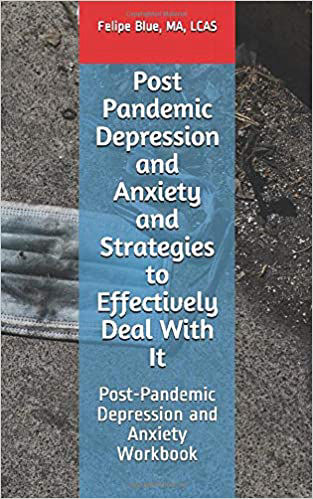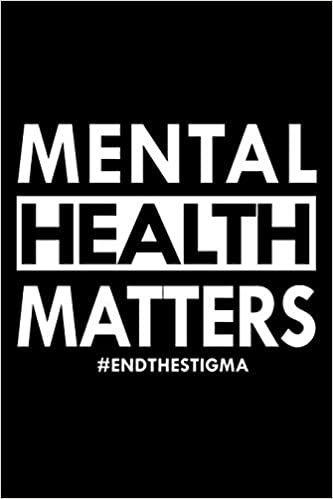Frequently Asked Question #1
How To Choose a Therapist
1. Ask friends and family
Ask friends who are in therapy if they like their therapist. If they do, find out what it is they like about them and ask your friends to ask their therapists for referral lists.
2. Shop online
You can find a therapist on Psychology Today's Therapy Directory. When therapist shopping I would look for therapists who are not selling themselves but rather those telling you about their work and their philosophy of working with patients.
3. A picture tells a story
Take a look at therapists' pictures on Psychology Today's Therapist Directory. Red lights for me: Therapists who use glamour shots or whose portraits seem in any way seductive. I would also steer clear of therapists who use a photo of themselves partaking in a favorite hobby or recreational activity.
4. Gender
When choosing a therapist, almost all people have an instinctive idea on gender they would prefer to work with. For me, my default therapist choice is always male which, in fact, comes out of my relationship with my parents. I don't think there is a right or wrong when it comes to choosing which gender you prefer to work with.
5. Theoretical orientation
This one is really tricky. There are many theoretical orientations and I certainly cannot explain them all in one single post. Here is what I can say in a huge and gross oversimplification: If you believe there is an unconscious motivation for your behavior, you might want to go to a psychodynamic therapist.
6. Call them
When you find a therapist to call, then call. It sounds easier than it is; I have had the numbers of therapists in my possession for weeks before I dared to call. Once on the phone, I had questions handy. Where did he go to school? The best schools don't necessarily make for the best therapists. When asking this, I am not looking for a certain answer. I just want to know for sure that it is an accredited school and not an online coaching certificate. What is her specialty? I tend to be wary of people who specialize in everything. One can't be all things to all people. Has he worked with people with your issues? On the phone, share a little about your presenting issue and see how the therapist responds.
7. Notice
Notice how you feel on the phone with the therapist. Nervous was how I usually felt on that first call. I rarely have had an immediate "yes" feeling when I talked to a therapist on the phone. I usually felt a little weird and awkward. You may feel differently. Just notice how you feel on the phone and after you have made the appointment. Also, if you are doing psychodynamic therapy, you might want to write down any dreams you have had once you have made the appointment.
On your first appointment, notice how you feel when you are in the room with your new therapist. Do you feel heard when you speak? Notice how you feel in that person's presence. Notice everything. You might not decide on the first session if the therapist is for you. It may take some time to determine if you have picked the right therapist. If you decide that it isn't a good match, then you don't need to go back. It is best to tell the therapist what it is you're looking for and why she isn't the best fit for you. The therapist might have some ideas for a referral that would work for you. And sometimes that desire to not go back is motivated by some more unconscious anxieties about being in therapy. Best to discuss those, too.
Also notice if there are any red flags, any ethical, boundary issues, or cottage cheese eating that starts to arise. If there are, it might be time to pick another therapist.


